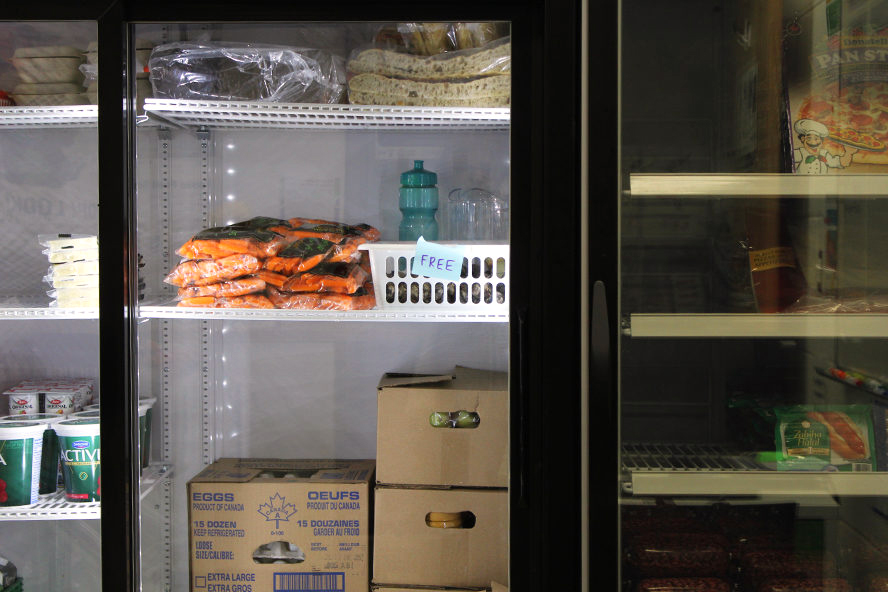
Canada has received another failing grade on poverty reduction, with Food Banks Canada warning that food insecurity and unemployment are worsening despite new federal programs.
The group’s 2025 Poverty Report Card gave the country an overall mark of D, unchanged from last year. The findings show 25.5 per cent of households were food insecure in 2025, up sharply from 18.4 per cent in 2023.
“Food insecurity in Canada has risen by 40 per cent over the past two years, and we’re facing a ballooning affordability crisis, with one in four people in Canada (25.5 per cent) struggling to afford food,” Richard Matern, research director at Food Banks Canada, told On The Record.
“As a country, we’re at an important crossroads and only bold, urgent action will reduce food insecurity in Canada,” he said.
This trend is not happening in a vacuum, but is rather influenced by the rising costs of other living necessities, the report says.
Forty-three per cent of Canadians are spending more than 30 per cent of their income on housing, while 22 per cent are struggling to access health care, according to the report.
The findings are “not surprising,” said Meaghan Richardson, director of resource development at Food For Life (FFL).
“People needing food support programs are coming to us for all the reasons that are outlined in that report. They’re coming to us because social support programs are inadequate,” Richardson said. “There’s not enough to cover basic life expenses, and so people find themselves having to choose between housing and food. Food insecurity is not about limitations on food availability, at least not in southern Canada. We have plenty of food production and retail options.”
While unemployment is on the rise, according to Statistics Canada, an FFL neighbourhood impact survey found out that 28 per cent of people who are part of the program are employed.
Additionally, households earning $75,000 or less are still spending 57 per cent of their income on essentials, such as transportation, groceries, Internet, and utilities.
In the report, Food Banks Canada sets out long-term poverty reduction recommendations alongside prioritizing some key policies such as: prioritize youth employment efforts, review and modernize support for low-income workers and enshrine automatic tax filing into law to unlock billions in unclaimed benefits for low-income Canadians.
For Matern, the recommendations provide, “Fragile glimmers to build a stronger Canada where no one goes hungry.”
Richardson, who has seen the impact of social services on FFL clients, welcomes those recommendations. “It all comes down to income and giving people options as to how to secure it,” she said.
Otter.ai for Transcribing
